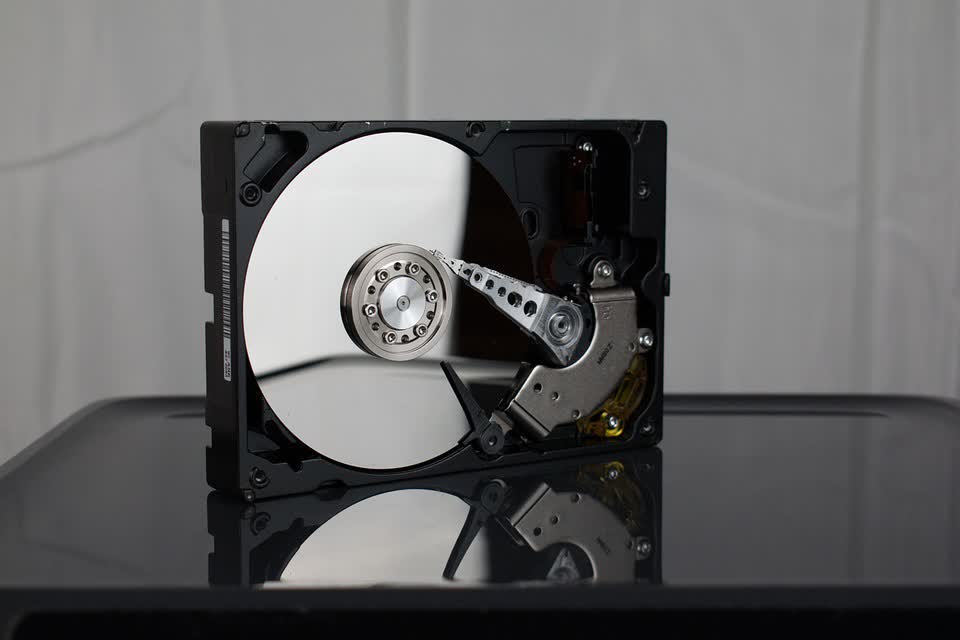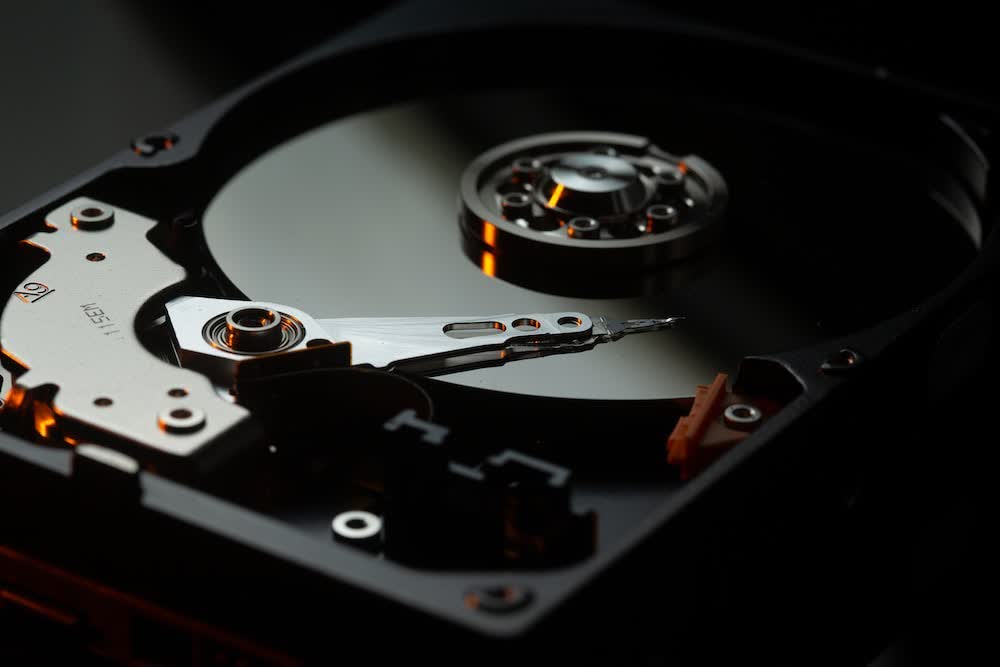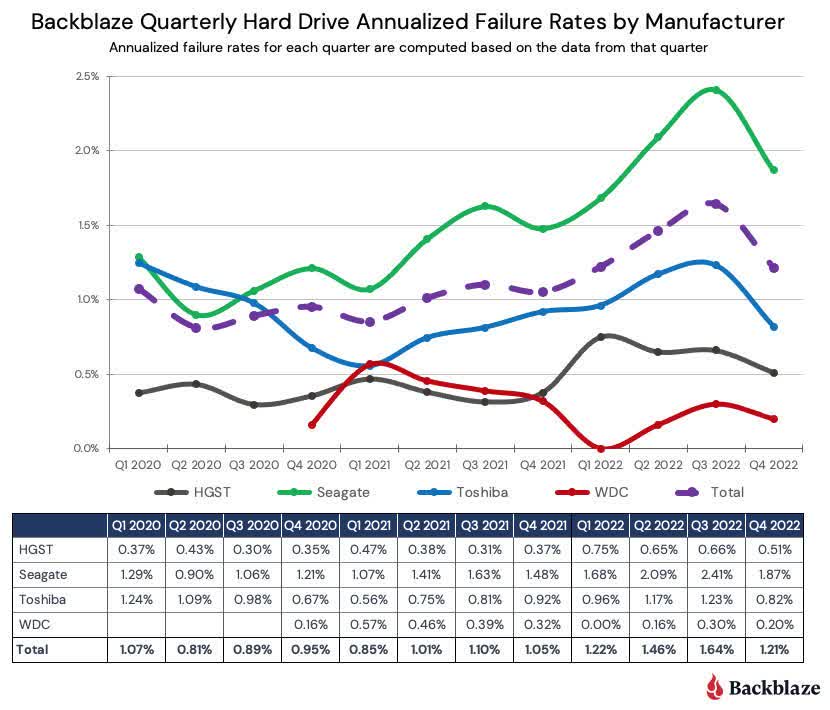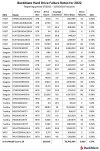PriyaWalia
Posts: 17 +1
In brief: A research report on hard drive failure rates for 2022 confirms the age of a drive is a key indicator for foretelling possible failure. The report examined 230,921 HDDs, and only an 8TB Seagate (model: ST8000NM000A) had zero failures.

A quick peek at the most recent report from cloud storage provider Backblaze concludes that larger drives—12TB, 14TB, and 16TB—fail less frequently than smaller capacity versions. During the past year, the annualized failure rate (AFR) for HDDs increased significantly from 1.01 percent in 2021 to 1.37 percent in 2022, according to Andy Klein, chief cloud storage evangelist for Backblaze.
The cloud backup firm had 236,608 HDDs in use at the end of 2022, including 4,299 boot drives and 235,608 data drives. Backclaze excluded the boot units and 388 of the data HDDs from the analysis because they had either been used for testing or had a fleet size of fewer than 60 units. That left a total of 230,921 HDDs studied.

"In our Q2 2022 and Q3 2022 quarterly Drive Stats reports, we noted an increase in the overall AFR from the previous quarter and attributed it to the aging fleet of drives, but is that the case?" Klien asked.
It appears the answer is yes.
Klein observed that every size (apart from 16TB drives) showed an increase in AFR between 2021 and 2022 when higher capacity HDDs—12TB, 14TB, and 16TB—were compared against smaller ones—4TB, 6TB, 8TB, and 10TB. The AFR for small drives stood at 2.12%, significantly higher than the 1.37% increase for all HDDs in 2022. Additionally, even though smaller units only made up 28.7% of drive days in 2022, they were responsible for 44.5% of drive failures.

However, Klein notes that although smaller drives failed more frequently last year, they are also older. The oldest hard disc examined, a 6TB Seagate (ST6000DX000), had an average age of 92.5 months. Its AFR in 2021 was 0.11 percent, while in 2022, it was 0.68 percent.
Backblaze's table grouping AFRs by vendor showed Seagate and Toshiba as the two with the highest failure rate. However, most of the Seagate units were significantly older than the other HDDs examined. The firm expects to replace the older drives with 16TB and larger hard drives in 2023, which means that its 4TB drives and the 6TB Seagate drives are probably on their way out.
https://www.techspot.com/news/97477-smaller-capacity-hard-drives-more-susceptible-failure-they.html
